Investors shouldn't be concerned about the long lead times for the Apple Vision Pro, analysts at J.P. Morgan say, and that focus should be placed on feedback from actual customers.
With the release of the Apple Vision Pro on February 2, there's very little time to go before the public gets its hands on Apple's headset. Shipments for the device slipped nearly instantly after preorders opened, with shipping dates stretching to March and April for some customers.
However, like the experience of previous Apple releases, investors are apparently looking at the lead times with interest, as some measure of how popular the device will be. In one example. Ming-Chi Kuo estimated there were around 180,000 sales made in the first pre-order weekend, but also pointed out the extended shipping times remained unchanged 48 hours after opening.
For investors who feel the unchanged shipping times could be an issue, a note from J.P. Morgan seen by AppleInsider on Monday says to exercise caution for this way of thinking.
"The focus on lead times in the case of the Vision Pro is misplaced, and we expect the focus should be on the consumer feedback on the experience of the device," the note states. There should also be attention paid toward the supply chain feedback for Vision Pro 2 plans, due to the probability that revenue and volume will increase in future models.
The orders are being placed "prior to the product being tried or experienced by any customers," warns the note, with orders in the long term a "function of the early experience that customers have with a device."
Furthermore, the typical two-week lead time between orders and shipments for iPhones in the fall differs from the Apple Vision Pro, as customers are familiar with the iPhone experience, not the headset.
The rapid extension of lead times were "on account of retail customers that are willing to put in orders to secure the device despite limited experience." The later stalling was expected "given the lack of broader appetite to buy the product without an experience."
That experience is evident to J.P. Morgan, with Apple "driving customers to the store to enable trained employees to assemble the headsets and ensure the right fit - emphasizing the importance of the experience that the customer has with the product."
By offering positive experiences, Apple will "hopefully convince customers to get in line with orders."
The key datapoints to monitor will be supply chain feedback on Vision Pro volumes and the timing of the Vision Pro 2, the note reckons. Specifically the "initial volume expectation of 500k units related to the supply chain for the Vision Pro,"with a view to Apple upsizing or downsizing that order.
If half a million units are reached, that would imply revenues for Apple Vision Pro in the region of $2 billion for the full year of 2024.
The success of the first-gen headset could also impact the second, with the Vision Pro 2 expected by J.P. Morgan for Q4 2025, at a "materially lower retail price."
J.P. Morgan rates Apple as "Overweight" with a price target of $225 as of January 8.
 Malcolm Owen
Malcolm Owen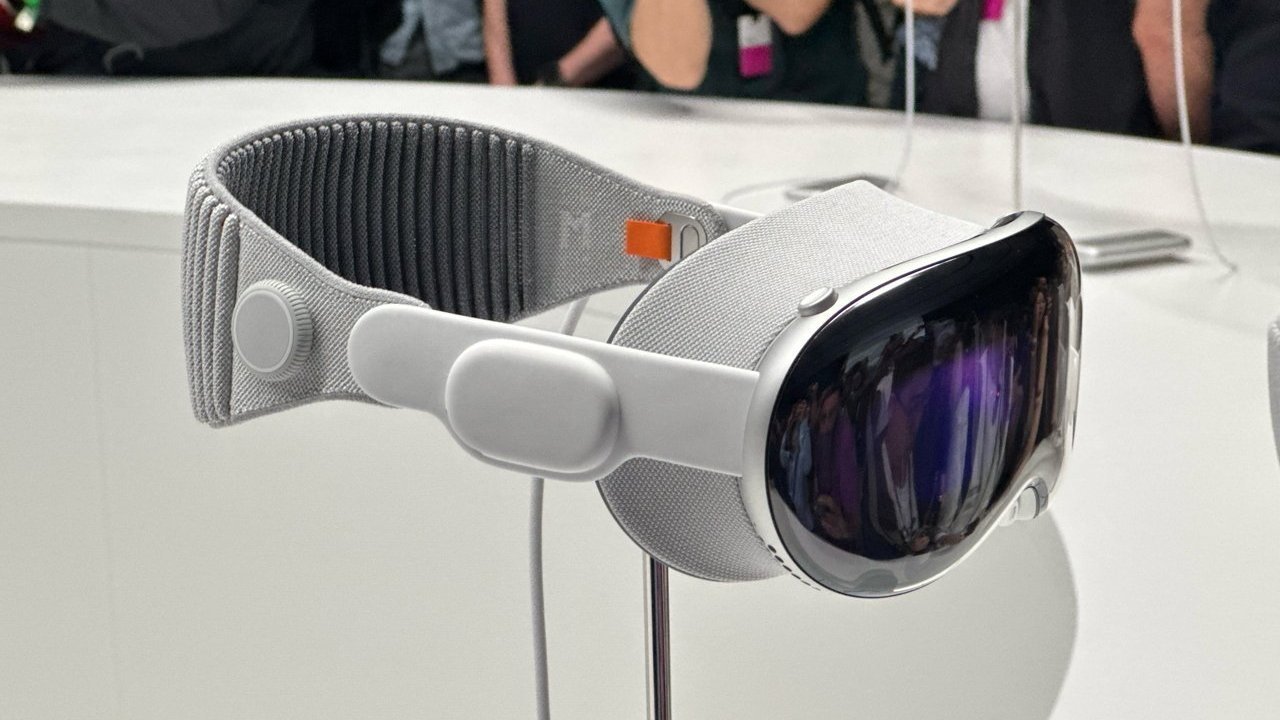


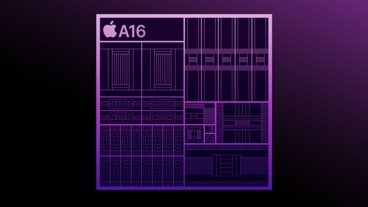
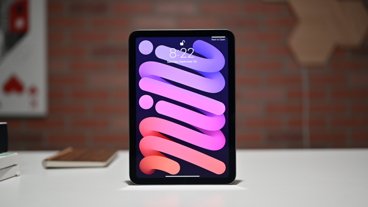



-m.jpg)





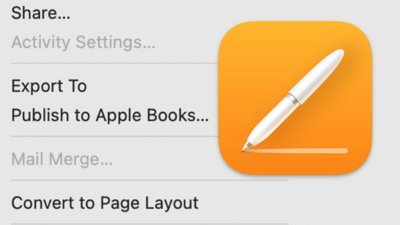
 William Gallagher
William Gallagher
 Amber Neely
Amber Neely
 Andrew Orr
Andrew Orr
 Wesley Hilliard
Wesley Hilliard

 Oliver Haslam
Oliver Haslam
 Christine McKee
Christine McKee


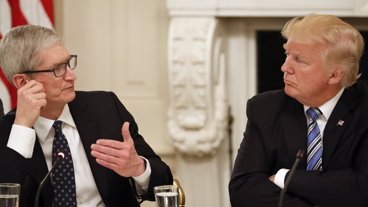






2 Comments
Good thinking. As reviews roll out, and users share their experiences, interest could increase substantially or remain muted. I think some are holding out until they see/read more hands on reviews.
I was a big fan, however more and more info coming out, that VP is quite complicated to order and set up, which could be a bigger problem on future sales.
The lower quality of P3 and screen mirroring is also likely to put a lot of customers off, including myself when it's launched in the UK 😏
However we'll see what the user experience is and the reviews from a couple of reviewers that matter, because sadly there aren't many.